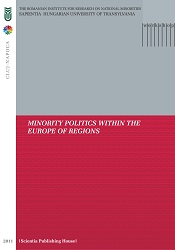


CKP Mission Statement
CKP Küldetésnyilatkozat
Keywords: CKP;Mission Statement (CKP)
The Civil Platform for Public Education (CKP) is a democratic cooperation forum of more than fifty Hungarian civil society organizations operating based on shared educational policies. This document is the mission statement of CKP.
More...
CKP Fundamental values
CKP alapértékek
Keywords: CKP;CKP Fundamental values
This document lists the fundamental values of Civil Platform for Public Education (CKP). CKP is a democratic cooperation forum of more than fifty Hungarian civil society organizations operating based on shared educational policies. Any effectual education policy should be accordant to CKP fundamental values (see text under Add Files tab in Hungarian and English).
More...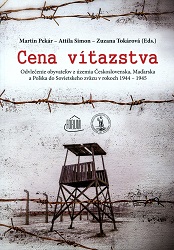
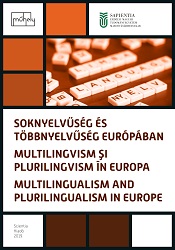
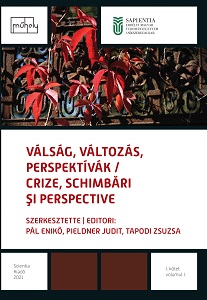
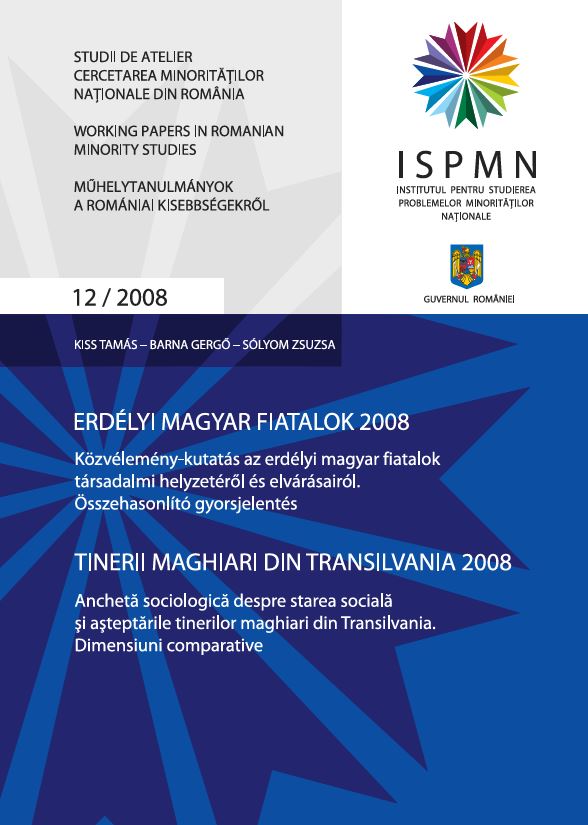
Hungarian youth in Transylvania 2008. Sociological survey on the social status and expectations of young Hungarian people in Transylvania. Comparative dimensions
Erdélyi magyar fiatalok 2008. Közvélemény-kutatás az erdélyi magyar fiatalok társadalmi helyzetéről és elvárásairól. Összehasonlító gyorsjelentés
Keywords: Hungarians in Transylvania; Social status; Young people; Family and gender roles; media and computer usage; inter-ethnic relations;
„Csak abban a statisztikában hiszek, amit én hamisítottam” – így hangzik Winston Churchill egyik hires nyilatkozata. Sajnos Romániában nem ritka a közvélemény-kutatások közötti „háború”, ahol nem az a lényeg, hogy milyen eredményeket mutatnak az elemzések, hanem, hogy melyik intézménynek, pártnak, politikusnak nagyobb a támogatása, kit kell legitimálni. Az Országos I_úsági Hatóság rendszeresen végez vagy végeztet kutatásokat, hiszen meggyozodésünk, hogy pártszínezettol függetlenül minden kormány i úságpolitikájának az így szerzett eredményeken kell alapulnia. A romániai magyar atalok körében végzett kutatás az elso ilyen jellegu felmérés, amelyet román költségvetési nanszírozással készítettek. Az adatokat elemezve, összehasonlítva, számomra a legfontosabb következtetés, hogy mind a román, mind a magyar ataloknak pozitív a jövoképe. Nem önmagukban az egyes mutatók biztatóak, hanem a tendenciák. A zetéssel, munkahellyel, közérzettel, kivándorlással, oktatással, általános jóléttel kapcsolatos adatok az elmúlt években folyamatosan pozitív irányba mozdultak el. Ez a politikum számára mindenképpen reménykelto, de nem azt kell jelentenie, hogy elértünk egy folyamat végére. Tovább kell dolgozni a atalok számára biztosítandó lehetoségek bovítésén, és be kell vonni a atalok önszervezodéseit, hogy ezekbol a lehetoségekbol közösen eredményeket lehessen elérni.
More...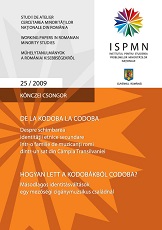
From Kodoba to Codoba. On changing the Secondary Ethnic Identity in a Family of Roma Musicians from a Village in the Transylvanian Plain
De la Kodoba la Codoba. Despre schimbarea identităţii etnice secundare într-o familie de muzicanţi romi dintr-un sat din Câmpia Transilvaniei.
Keywords: Secondary Ethnic Identity; Roma Musicians; The Magyarpalatka; identity change; traditional dance music;
The Magyarpalatka, located on Inner Mezőség, is one of the Gypsy musicians' centers in Mezőség. Many Gypsy music families lived and live here to date, the most famous being the Kodoba family. The present case study undertook to find out how the romungro family of the Reformed Religion in Romania, with the Hungarian-speaking, Reformed Religion, romanesque, in Hungarian, no longer (or hardly speaking) in the 20th Century, still a reformed, then Orthodox family, and tries to outline the broader social contexts of this process of identity change and to answer its causal relationships. Doing this by examining the extent to which the secondary identity change (including the change of the ethnic projection of the personal name) is related to the changing social, historical and political situations, to the extent that Magyarpalatka is continually depopulated from the Hungarian point of view, dominating the local Romanian population (not just numerical) and last but not least to some extent the economic aspects of the village vocational music industry. The research carried out at the same time makes it interesting that Gypsy musician of the Kodpal Gypsy family in Budapest is a Roma mother tongue, and its primary ethnic identity (for the time being) Roma, and that for the sake of its vocation has preserved the mediating role of local Hungarian, Romanian and Roma cultures as the traditional dance music of each ethnic group mediated and provided.
More...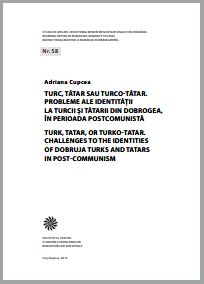
The use of the Hungarian language in the local public administration and in the decentralized institutions from Harghita county
Közigazgatási nyelvhasználat Hargita megyében az önkormányzati és a központi kormányzat megyeszintu intézményeiben
Keywords: Hungarian language; decentralized institutions; Local public administration; Hargita county;
Raportul de fata analizeaza si eviden_iaza în ce masura, institutiile deconcentrate si cele aflate în subordinea administratiei locale respecta prevederile legaleti asigura preconditiile necesare pentru exercitarea drepturilor lingvistice ale minoritatilor. În acelasi timp, este analizata si maniera în care maghiarii din judetul Harghita îsi exercita acest drept, adica în ce masura comunica acestia în limba materna cu ocazia diverselor contacte pe care le au la nivel administrativ. Analiza se bazeaza pe date ce provin din mai multe surse: o parte dintre ele rezulta din anchetele sociologice întreprinse de catre Institutul pentru Studierea Problemelor Minoritatilor Nationale, iar altele (cum ar fi cele referitoare la institutiile care reprezinta puterea centrala la nivel judetean) au fost colectate în mod special pentru aceasta cercetare efectuata la cererea Consiliului Judetean Harghita.
More...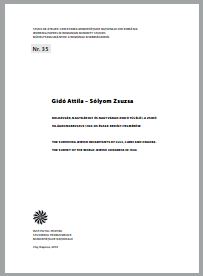
The surviving Jewish inhabitants of Cluj, Carei and Oradea. The survey of the World Jewish Congress in 1946
Kolozsvár, Nagykároly és Nagyvárad zsidó túlélői. A Zsidó Világkongresszus 1946-os észak-erdélyi felmérése
Keywords: World Jewish Congress; 1946; Holocaust period; Jewish survivors;
The Romanian Section of the World Jewish Congress (henceforth: WJC) conducted a national survey among the Jewish survivors of the Holocaust in 1946. The objective of the survey was to assess the human and material losses and record the grievances suffered by the surviving Jewish population. In addition to this the statistical data gathered was intended to serve as a basis during the negotiations of the Peace conference ending World War II and for compensation claim. This study analyses the survey and its results regarding three towns from Northern Transylvania (Cluj, Carei and Oradea) which belonged to Hungary during the Holocaust period.
More...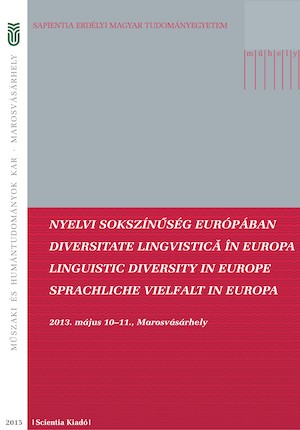

ABOUT THE AUTHORS
A KÖTET SZERZŐI / DESPRE AUTORI / ABOUT THE AUTHORS / DIE VERFASSER DES BANDES
More...
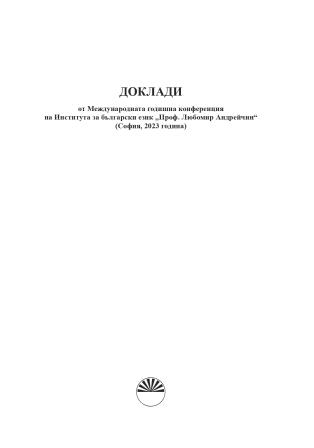
Hungarian loanwords in the kinship terminology included in the Slavic Linguistic Atlas
Унгарски заемки в роднинската терминология, представена в Общославянския лингвистичен атлас
Keywords: Hungarian language; Slavic languages; loanwords; dialect atlas
The study is dedicated to the Hungarian loanwords in the Slavic kinship terminology. The linguistic material is collected from Volume XI Degrees of Kinship prepared by the Bulgarian National Commission as part of the Slavic Linguistic Atlas. The object of analysis are the loanwords of Hungarian origin in the Slavic dialect kinship terminology. The aim of the research is to show the source of the borrowings, the particularities of their adaptation, dialects where they are found. Special attention is also paid to Slavic loanwords adopted in Hungarian that have later been reborrowed into various Slavic dialects.
More...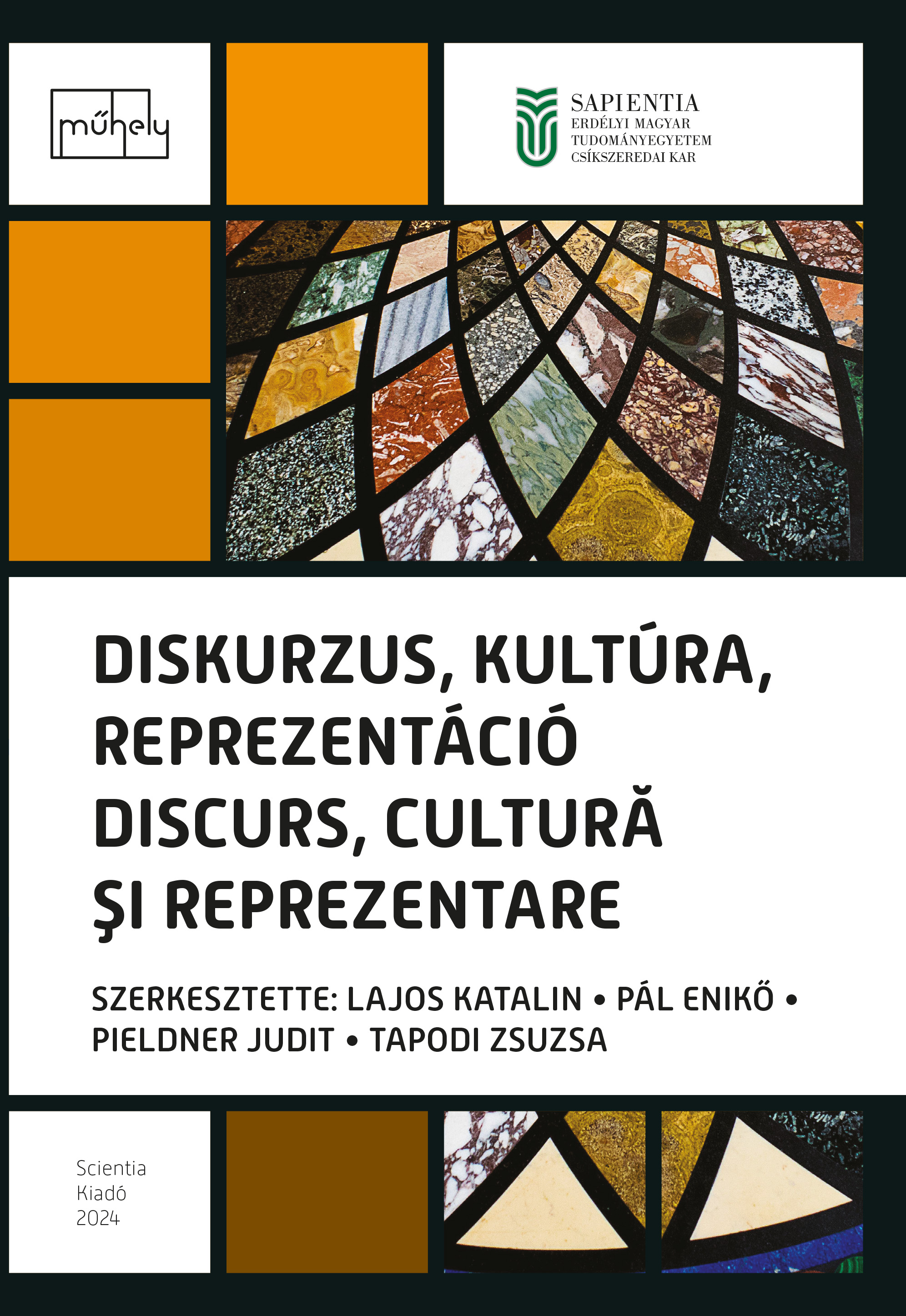

The search is temporarily unavailable.
We apologize in advance for the inconvenience and thank you for your kind understanding.
